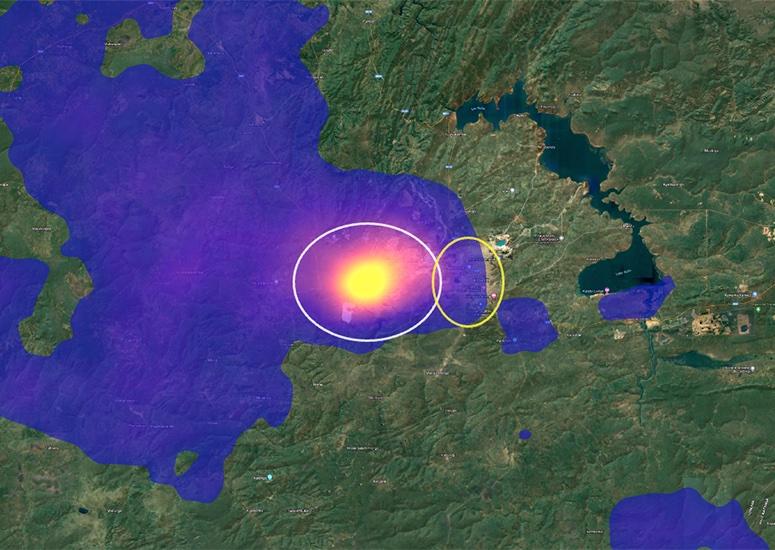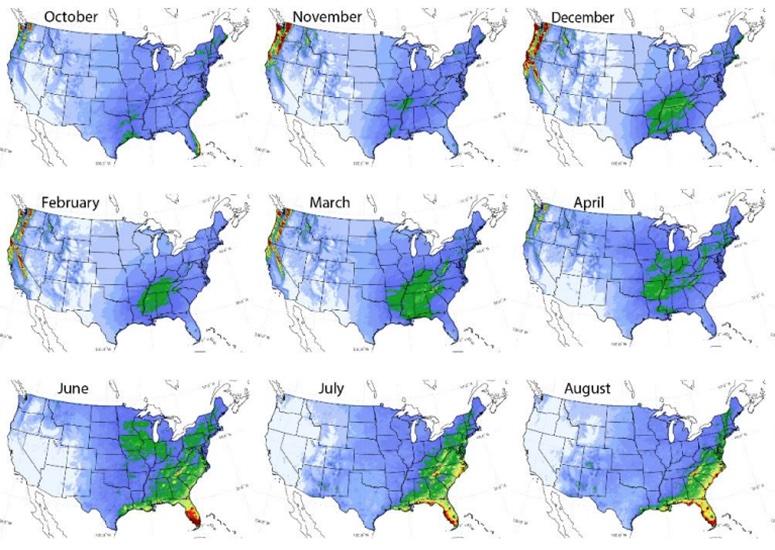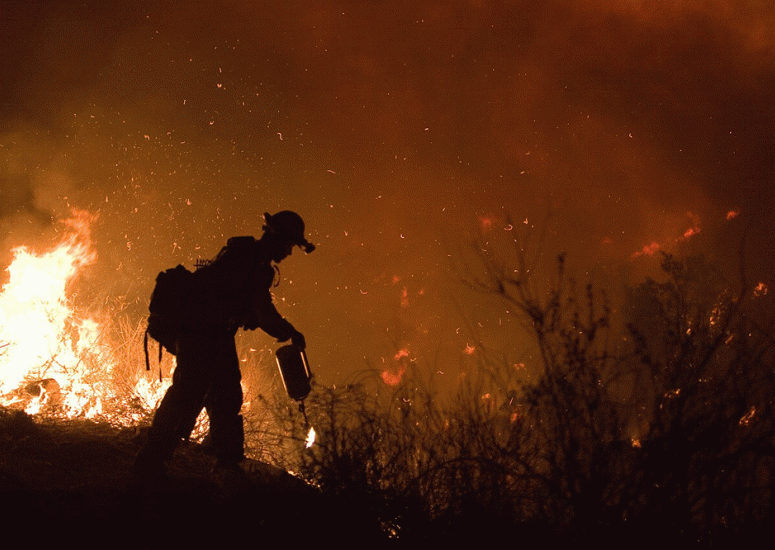-

Monitoring African copper and cobalt mining emissions from space
Emissions associated with mining operations in Africa’s Copperbelt can be quantified from space, according to new research. Mining for copper and cobalt in Africa has rapidly increased, the latter in response to growing global demand for electric vehicles, laptops, smartphones, and other devices that rely on lithium-ion batteries, the vast majority of which contain cobalt.
- Air Quality
-

Scientists gain powerful tool to scrutinize changing U.S. weather patterns
An extraordinary new dataset of high-resolution weather simulations that span more than four decades over the continental United States is now available to the Earth system science community.
- Climate,
- Weather
-

Simultaneous large wildfires will increase in Western U.S.
Simultaneous outbreaks of large wildfires will become more frequent in the West, putting major strains on efforts to fight the blazes.
- Climate
-
NASA funds NCAR solar mission
An NCAR-led project, CMEx, will attempt to understand the magnetic nature of solar eruptions and identify the magnetic sources of the solar wind.
- Sun + Space Weather
-

Thomas Hauser named director of NCAR’s Computational & Information Systems Laboratory
Thomas Hauser has been named director of the Computational & Information Systems Laboratory (CISL) at the National Center for Atmospheric Research (NCAR).
- Data,
- Organization,
- Supercomputing
